After three years, the World Health Organization (WHO) declared, this Friday (5/5), that Covid-19 is no longer an international public health emergency. This does not mean that the pandemic is over, but it does mean that the situation is more under control.
The current scenario was only possible with the adoption of some habits. Although Covid-19 no longer poses such a serious threat to the health of the world’s population, these routine adjustments must be incorporated into society’s life to prevent other viruses from being transmitted easily and starting a new pandemic. Check out some of them:
1. Constant hand hygiene
Hand hygiene is pointed out by infectologists as one of the habits that most protect against viruses and bacteria, since when touching contaminated surfaces and then bringing your hand to your mouth or eyes, pathogens can come into contact with the mucous membranes.
The habit of washing hands, which began in the H1N1 pandemic in 2017, was reinforced during the coronavirus pandemic — at the beginning of the public health emergency, not knowing exactly how the virus spread, many people went so far as to sanitize purchases and leave shoes outside the house.
Care has been made more flexible over time, but the importance of washing hands upon arriving home or after touching surfaces has become a habit. Correct hygiene is done by washing your hands with soap and water for at least 20 seconds. The act can be replaced by the use of gel alcohol.
Outbreaks, endemics, pandemics and epidemics have the same origin, what changes is the scale of dissemination of the disease. Who defines when a disease becomes a global threat is the World Health Organization (WHO)Getty Images
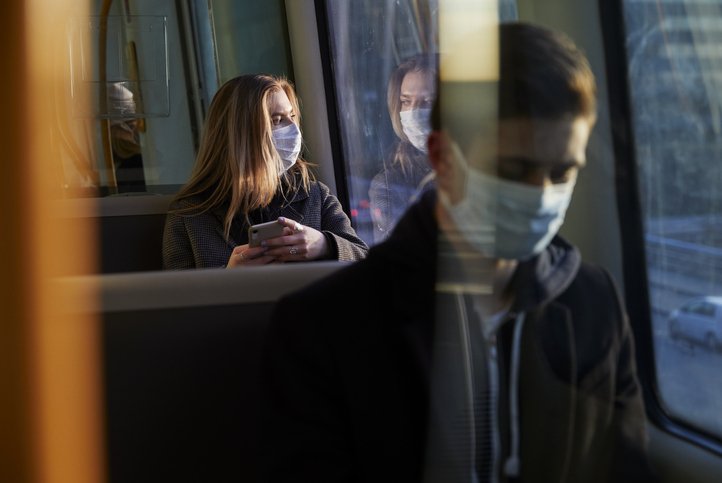 ***photo-passengers-wear-mask-in-bus
***photo-passengers-wear-mask-in-busAn outbreak occurs when there is a localized increase in the number of cases of a disease in a specific region.Getty Images
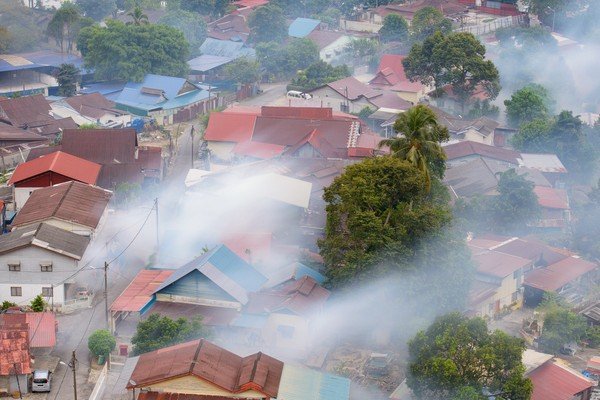 ***photo-city-sanitized-with-smoke
***photo-city-sanitized-with-smokeAn example is dengue cases: when many diagnoses occur in the same neighborhood of a city, for example, the authorities treat this growth as an outbreakGetty Images
 ***drawing-people-protect-themselves-with-masks
***drawing-people-protect-themselves-with-masksEndemic is when a disease appears frequently in one place, not spreading to other communities. It is also classified seasonallyGetty Images
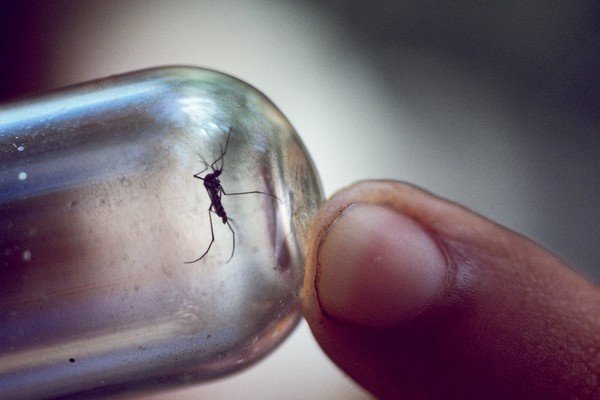 ***yellow-fever-mosquito-photo
***yellow-fever-mosquito-photoYellow fever, common in the Amazon Region, is an endemic disease because it occurs during one season of the year and in certain locations in the NorthGetty Images
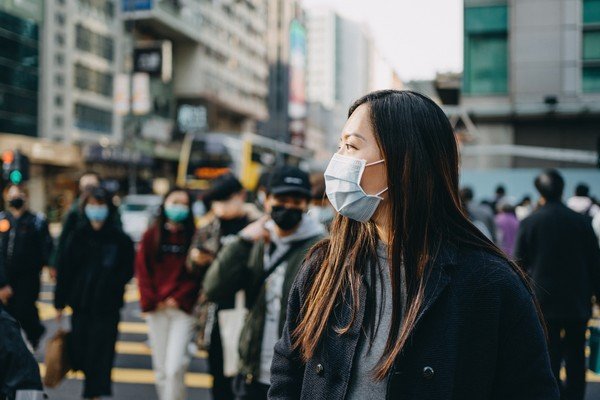 ***photo-woman-wears-mask-in-epidemic
***photo-woman-wears-mask-in-epidemicEpidemic occurs when the number of outbreaks grows and covers several regions of a given city, for example. If this happens, it is considered that there is an epidemic in the municipality, but an outbreak on a state scaleGetty Images
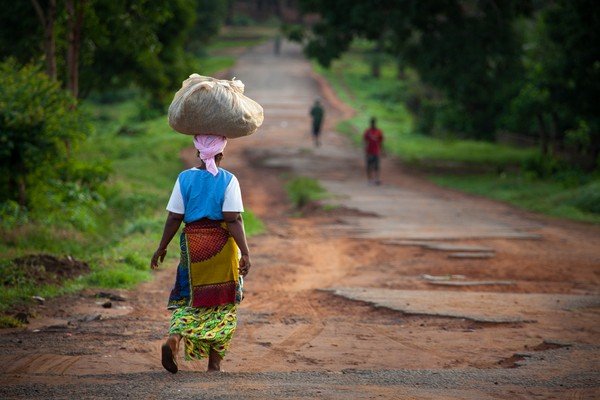 ***photo-epidemic-ebola-Africa
***photo-epidemic-ebola-AfricaAn example is Ebola, which was considered an epidemic in 2014, after reaching several countries in AfricaGetty Images
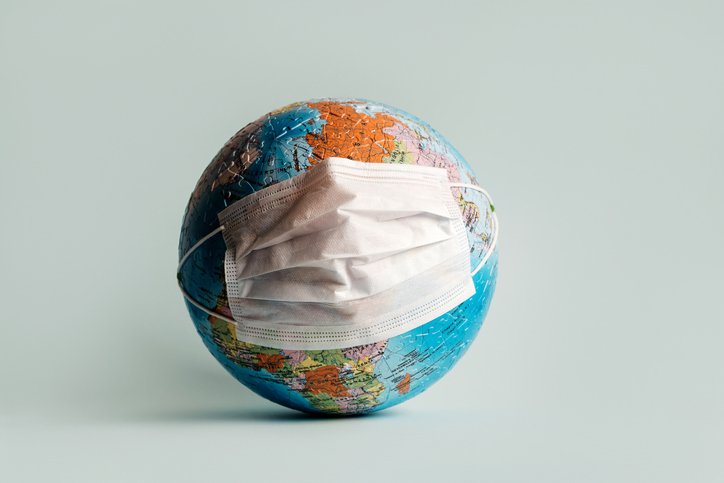 ***globo-photo-protects-against-pandemic
***globo-photo-protects-against-pandemicA pandemic happens when an epidemic reaches worldwide levels, affecting various regions around the globe. For the WHO to declare the existence of a pandemic, countries on all continents need to have confirmed cases of the disease.Getty Images
 ***photo-pandemic-around-the-world
***photo-pandemic-around-the-worldBefore Covid-19, the last time something like this happened was in 2009, when swine flu was declared a pandemic.Getty Images
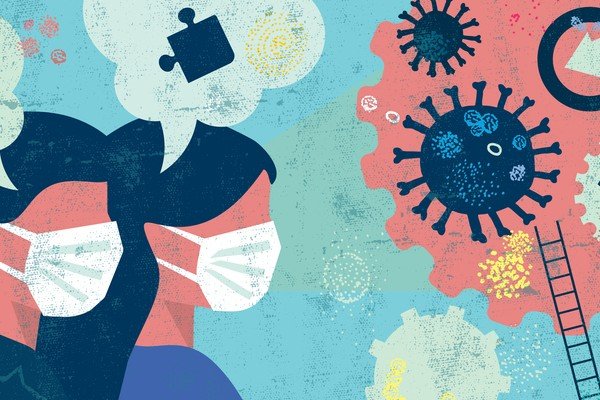 ***pandemic-drawing-and-mask-wearing
***pandemic-drawing-and-mask-wearingThe bubonic plague, or black plague, which happened in the 14th century and killed 75 to 200 million people, is considered one of the greatest pandemics of humanity Getty Images
0
2. Vaccination card update
With the search for effective vaccines against the coronavirus taking up much of the news over the last few years, the importance of keeping the vaccination portfolio up to date with vaccines for other diseases, such as measles, flu and hepatitis C, has been highlighted. public health network, and it is possible to update most of the vaccination schedule for free.
3. Use of masks
The use of masks is recommended for when a person has symptoms of respiratory diseases – the item helps to avoid the contagion of third parties. Although use is common in eastern countries, which have lived with respiratory viruses for many years, in Brazil, the mask was not part of the routine until the health emergency of Covid-19.
On public transport or in places with a high concentration of people, it is important that anyone with cold symptoms such as sneezing and coughing wear a good quality face mask.
4. Concern about mental health
The constant coexistence with statistics that showed the risk of death and the isolation necessary to prevent the circulation of the coronavirus led the population to reflect more deeply on mental health. The search for psychological care has increased, including among children and adolescents, and should be maintained.
Get news from metropolises on your Telegram and stay on top of everything! Just access the channel: https://t.me/metropolesurgente.

